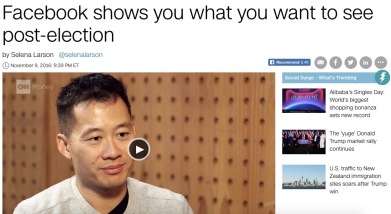 From increasing your understanding of the past, to simply being entertained by good ‘ole fashioned story-telling, podcasting can be both productive and enjoyable. Here are a few interesting and popular podcasts that’ll help you be history-savvy:
From increasing your understanding of the past, to simply being entertained by good ‘ole fashioned story-telling, podcasting can be both productive and enjoyable. Here are a few interesting and popular podcasts that’ll help you be history-savvy:
 From increasing your understanding of the past, to simply being entertained by good ‘ole fashioned story-telling, podcasting can be both productive and enjoyable. Here are a few interesting and popular podcasts that’ll help you be history-savvy:
From increasing your understanding of the past, to simply being entertained by good ‘ole fashioned story-telling, podcasting can be both productive and enjoyable. Here are a few interesting and popular podcasts that’ll help you be history-savvy:
A treasure trove of Media Literacy resources:

 Consider this short article & video/interview, Facebook shows you what you want to see post-election re: the informational ecosystem that we live in. It argues that we are placed into insulated bubbles of like-minded ideology and hyperpartisan news that results in profound division and the inability to understand each other:
Consider this short article & video/interview, Facebook shows you what you want to see post-election re: the informational ecosystem that we live in. It argues that we are placed into insulated bubbles of like-minded ideology and hyperpartisan news that results in profound division and the inability to understand each other:
Facebook’s algorithm knows what you like based on the videos you watch, people you talk to, and content you interact with. It then shows you more of the same. This creates something called “filter bubbles.” You begin to see only the content you like and agree with, while Facebook hides dissenting points of view.
Prompts for The Satire Paradox by Gladwell to be posted on your website, by Monday’s class:
1) Talk about the argument being made in the podcast, in 2-4 sentences: what is ‘The Satire Paradox’ exactly? Further, and more specifically, how does Tina Fey’s portrayal of Sarah Palin illustrate this phenomenon?
2) Critically react to the argument of The Satire Paradox, in 4-6 sentences: After hearing from Gladwell, what does satire do to influence (or not influence) public/perspectives on political figures? Is satire effective in persuading opinions & critiquing individuals, or does satire miss the intended mark by only entertaining and watering down the true issues and figures being addressed?
“In an age dominated by political comedy, The Satire Paradox asks whether laughter and social protest are friends or foes.”
The 5 Key Concepts of Media Literacy via the Center for Media Literacy… Beg the question:
Q: What news source do find most reliable?

Use the 5 Key Questions & Concepts from the CML to analyze this Cold War era cartoon: